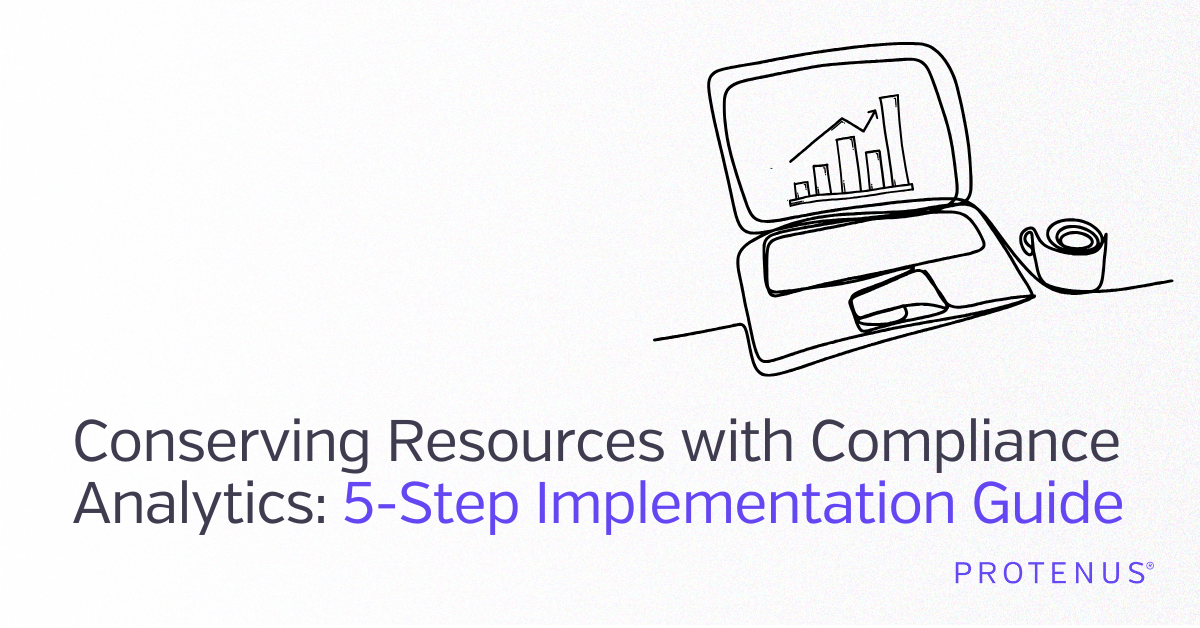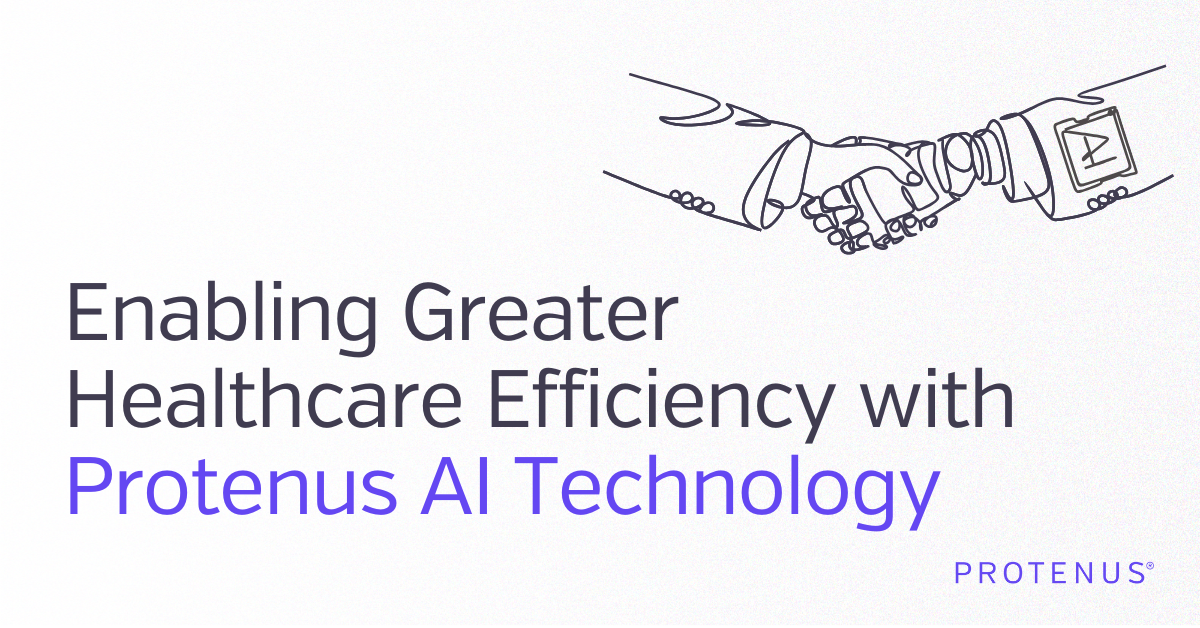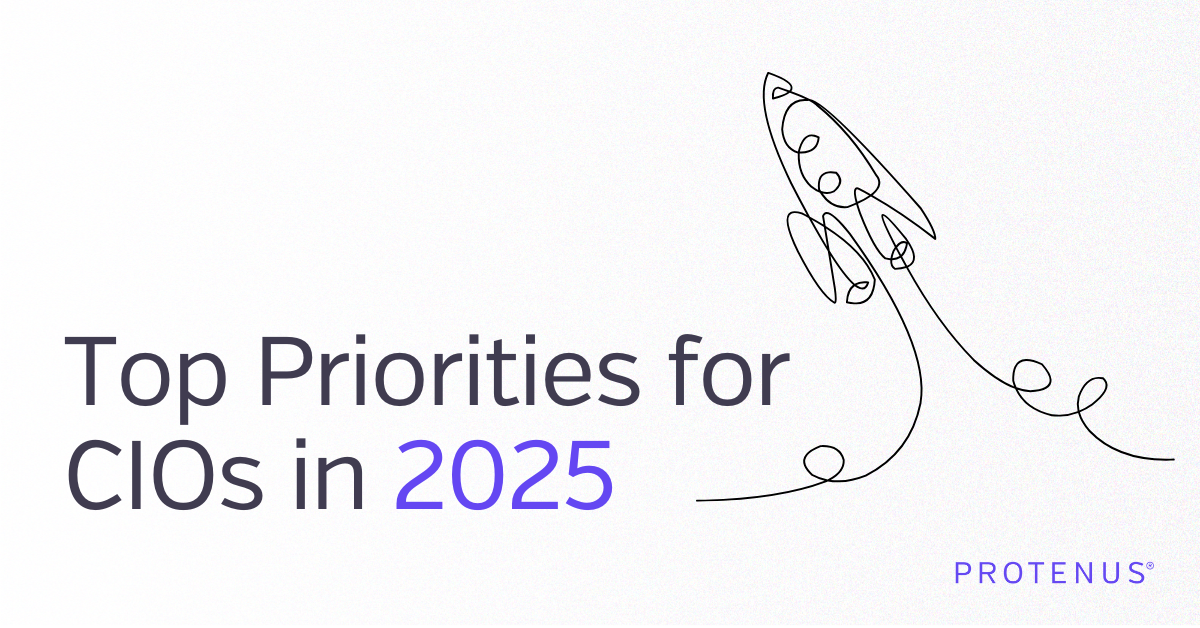Share this

How Baltimore Can Become a Hub for Diverse Tech Talent
by Nick Culbertson, CEO and Co-founder, Protenus on March 15, 2021
It's no secret that Black representation in technology is severely lacking. Comprising 13 percent of the total U.S. population, Black Americans only represent 5 percent of employees in the technology field, according to data aggregated from 35 of the largest U.S.-based tech companies.
Transforming Baltimore into a hub for diverse tech talent will require us all to step up. Contact Baltimore Tracks if your company can help us build a more equitable tech workforce in Baltimore.
Insufficient diversity in tech talent is an especially striking problem in Baltimore, where Protenus and more than 200 other technology startups have their roots. Maryland boasts the country's highest concentration of workers in both engineering and computer and information science, as well as many notable computer science programs.
Baltimore was ranked the 8th best city for professional STEM opportunities and the No. 25 best city for STEM overall in 2021 by personal finance website WalletHub. In 2018, Forbes recognized Baltimore as the No. 5 rising city for startups.
Unfortunately, the tech field's momentum has not translated into equal opportunities for a massive portion of the city's people; Baltimore's majority Black population is egregiously underrepresented in the industry. As a result, tech and tech-enabled companies have a unique opportunity to help set the new standard for racial equality.
Tapping into collaboration
As a Baltimore-based company, Protenus is lucky to be in a region where many well-established Diversity, Equity and Inclusion programs and proven practices are paving the way forward. As a healthcare compliance analytics company, we also understand that diversity is not our area of expertise. By learning from organizations far ahead of our own, we can skip reinventing the wheel and start making meaningful change.
This concept helped form the basis of Baltimore Tracks, a collaborative of tech and tech-enabled companies focused on creating a workforce that is reflective of Baltimore's diversity. Baltimore Tracks centers on the awareness that by bringing together tech startups, we can make our industry more effective at, and accountable for, engaging diverse talent. If we work together to build a more diverse ecosystem, Baltimore as a whole will benefit.
Baltimore Tracks is not meant to serve as a silver bullet for the tech scene's lack of diversity. Instead, still in its early stages, Baltimore Tracks is a laser-focused effort that we aim to grow and expand over time.
It is also just a component of the work we intend to do at Protenus. Since last summer, along with exploring how to better utilize the excellent resources at our fingertips in the Baltimore area, Protenus has engaged in open dialogue regarding racism and the role it plays in our company.
In November, more than 50 employees attended a voluntary, after-hours virtual training with Factuality, an interactive course simulating structural inequality in America. We have also increased the percentage of our employees from an underrepresented racial group, from about 9% in August to more than 14% as of mid-March, though progress in this area must continue.
Importantly, each of these efforts has been infused with valuable best practices and lessons learned from other organizations. We realize there's a long road ahead, and it will require thoughtful collaboration.
An actionable framework
In the interest of sustainability and feasibility, Baltimore Tracks was modeled after Patagonia's 'Make Time To Vote' campaign, a straightforward call-to-action that has had a massive impact on voter turnout. By enlisting 411 companies to pledge to give their employees time off for voting in the 2018 midterm elections, Patagonia ensured that a key barrier to voter turnout was eliminated for more than 2 million people.
In a similar way, tech leaders who join Baltimore Tracks commit to a set of tangible steps toward increasing workforce diversity. The 22 companies involved thus far realize that dismantling systemic inequality in tech will not happen overnight, but we have the unique opportunity to make incremental progress with five commitments — which were thoughtfully selected based on their proven impact — to measure representation and equalize opportunities for People of Color:
- • Audit and quantify progress in Diversity, Equity and Inclusion
- • Exchange best practices
- • Remove degree requirements
- • Share qualified candidates
- • Pay interns
The Baltimore Tracks website outlines the specific rationale behind each of these distinct commitments, but collectively, they are meant to ensure that candidates from underrepresented groups feel empowered to apply to and engage with our companies. This collaborative is a small step toward improving diversity in our city's long history of racism and oppression, but it is a step forward nonetheless.
As with any major undertaking, collaboration will be key to transforming Baltimore into a hub for diverse tech talent. Resolving this issue will require all hands on deck, and it won't be easy. That's why Baltimore Tracks is structured to include straightforward, proven strategies for improving diversity — to facilitate widespread participation. Now, it's up to other tech leaders to commit to progress. Will you help us build a Better Baltimore?
Join Baltimore Tracks, a collective of technology and tech-enabled companies working to address the industry's diversity shortfalls.
Share this
- December 1, 2024 (3)
- November 1, 2024 (1)
- October 1, 2024 (2)
- September 1, 2024 (1)
- August 1, 2024 (1)
- July 1, 2024 (1)
- June 1, 2024 (1)
- May 1, 2024 (1)
- March 1, 2024 (2)
- February 1, 2024 (3)
- January 1, 2024 (1)
- December 1, 2023 (1)
- November 1, 2023 (3)
- October 1, 2023 (3)
- September 1, 2023 (1)
- August 1, 2023 (1)
- July 1, 2023 (2)
- April 1, 2023 (1)
- March 1, 2023 (1)
- February 1, 2023 (1)
- December 1, 2022 (3)
- November 1, 2022 (3)
- October 1, 2022 (1)
- September 1, 2022 (1)
- August 1, 2022 (2)
- June 1, 2022 (4)
- May 1, 2022 (5)
- April 1, 2022 (1)
- March 1, 2022 (4)
- February 1, 2022 (3)
- November 1, 2021 (2)
- October 1, 2021 (3)
- September 1, 2021 (3)
- August 1, 2021 (3)
- July 1, 2021 (4)
- June 1, 2021 (2)
- May 1, 2021 (2)
- April 1, 2021 (2)
- March 1, 2021 (5)
- February 1, 2021 (1)
- January 1, 2021 (1)
- December 1, 2020 (1)
- November 1, 2020 (2)
- October 1, 2020 (2)
- September 1, 2020 (3)
- August 1, 2020 (2)
- July 1, 2020 (2)
- June 1, 2020 (6)
- May 1, 2020 (3)
- April 1, 2020 (4)
- March 1, 2020 (2)
- February 1, 2020 (4)
- January 1, 2020 (2)
- December 1, 2019 (2)
- November 1, 2019 (1)
- October 1, 2019 (1)
- September 1, 2019 (1)
- August 1, 2019 (1)
- June 1, 2019 (1)
- April 1, 2019 (1)
- February 1, 2019 (1)
- January 1, 2019 (1)
- December 1, 2018 (2)
- November 1, 2018 (2)
- October 1, 2018 (2)
- September 1, 2018 (3)
- August 1, 2018 (1)
- July 1, 2018 (2)
- June 1, 2018 (2)
- May 1, 2018 (1)
- April 1, 2018 (1)
- March 1, 2018 (2)
- February 1, 2018 (6)
- January 1, 2018 (2)
- September 1, 2017 (2)
- August 1, 2017 (2)
- June 1, 2017 (2)
- May 1, 2017 (1)
- April 1, 2017 (1)
- March 1, 2017 (2)
- February 1, 2017 (5)
- January 1, 2017 (2)
- December 1, 2016 (3)
- November 1, 2016 (5)
- October 1, 2016 (4)
- September 1, 2016 (8)
- August 1, 2016 (4)
- July 1, 2016 (4)
Subscribe by email
You May Also Like

Conserving Resources with Compliance Analytics: A 5-Step Implementation Guide

Enabling Greater Healthcare Efficiency with Protenus AI Technology

.png?width=1000&height=140&name=Bluesight%20%2B%20Protenus%20Logo%20%20(1).png)